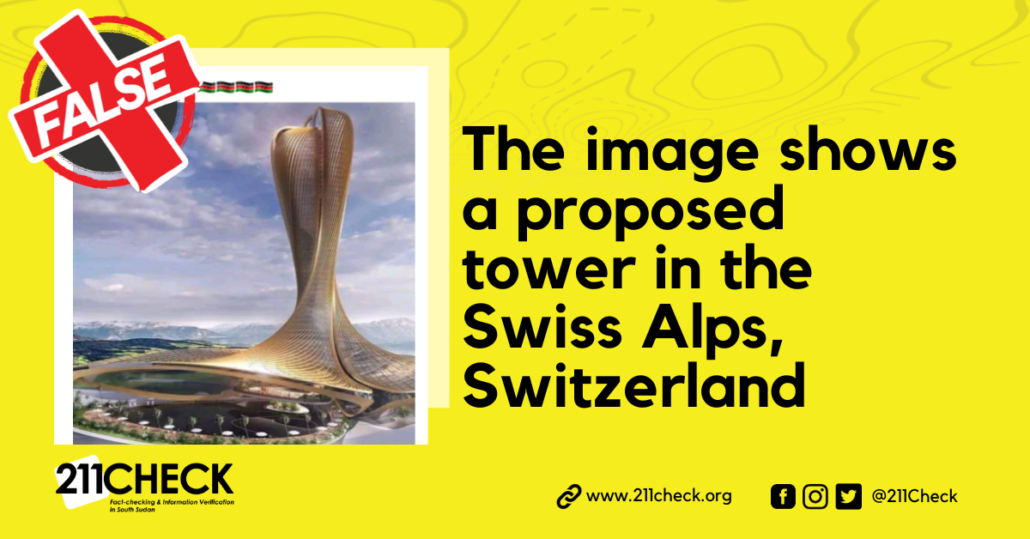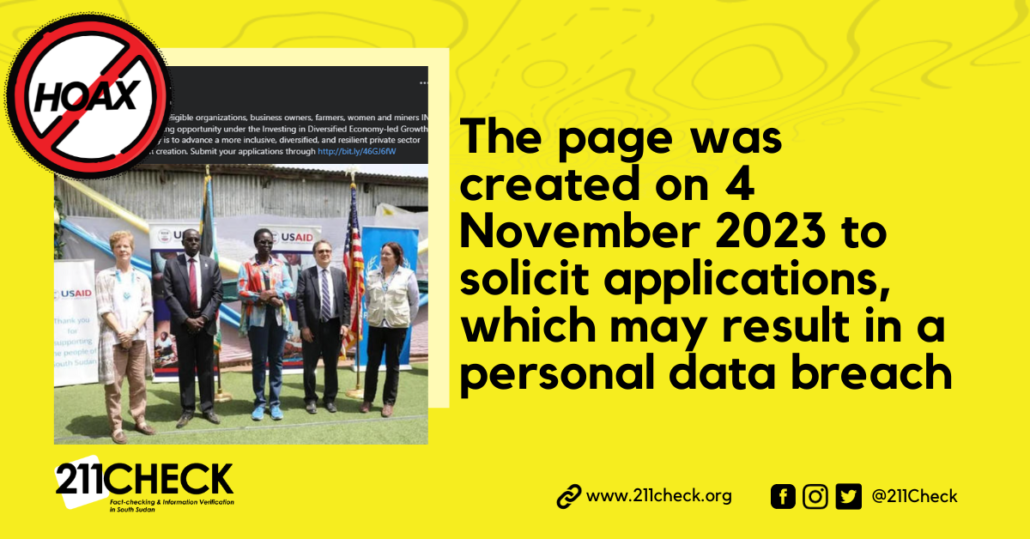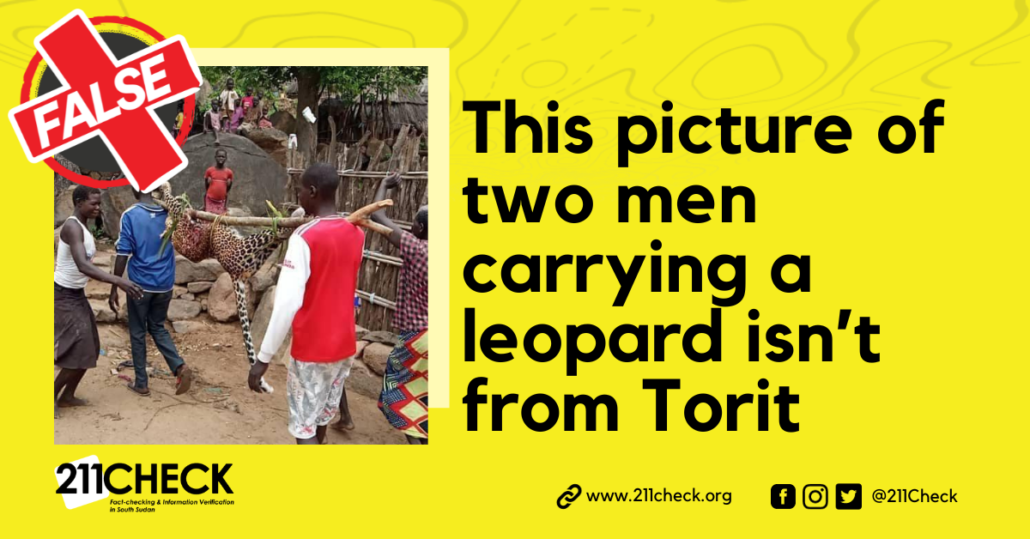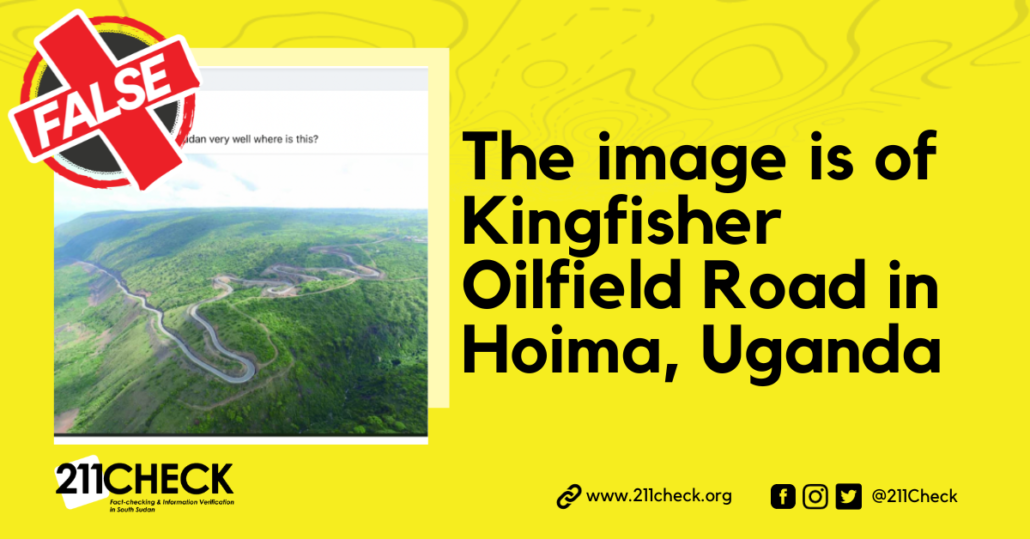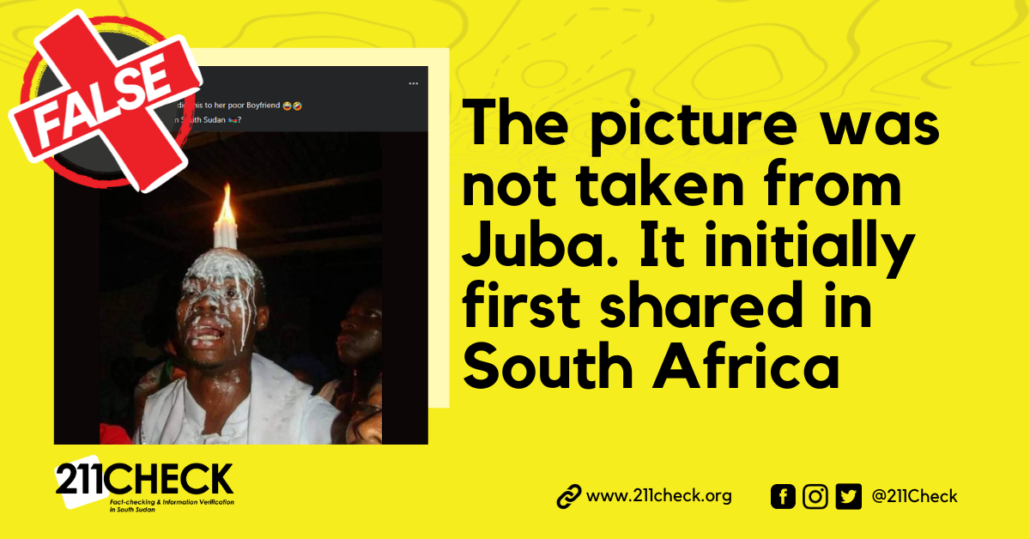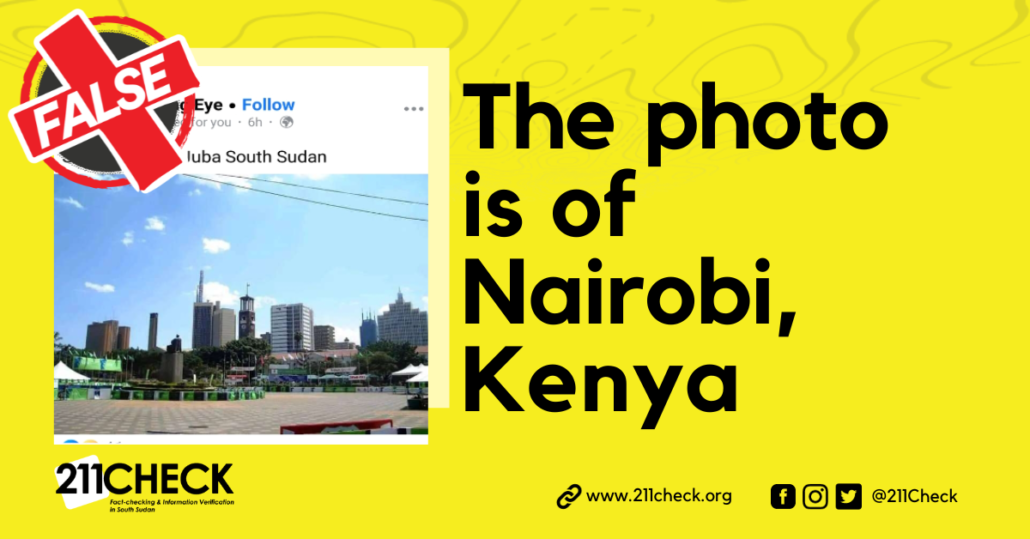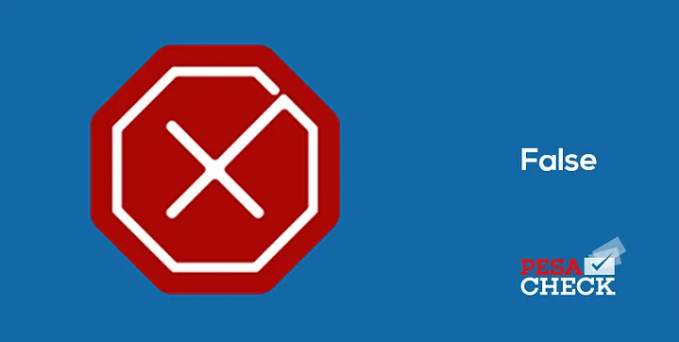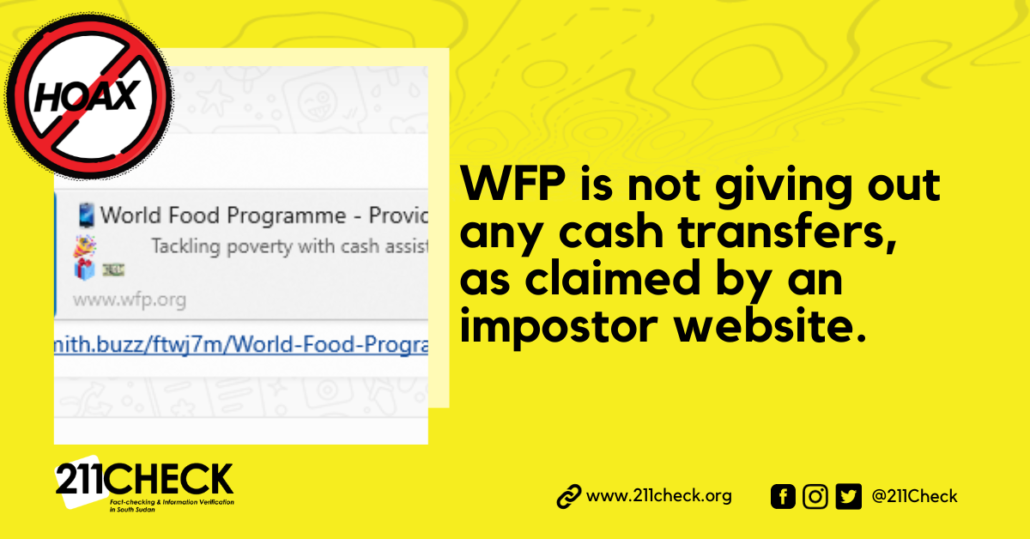Fact-check: Imposter South Sudan Red Cross Facebook page job ad is a hoax
The South Sudan Red Cross says the job advertisement is fake
Writer: James Bol Bol Duer
A Facebook page impersonating the South Sudan Red Cross falsely claims to be seeking to recruit trustworthy and reliable individuals to work with them for a long-term engagement in bringing social change to society and urging the applicants to apply urgently before 13 November 2023.
The post with a picture was posted on an imposter South Sudan Red Cross Facebook page named “ South Sudan Red-Cross.” on Tuesday, 07 November 2023with an accompanying post and caption that partly read, “Are you interested in joining and working with the NGO community? We are seeking to recruit trustworthy and reliable individuals to work with us for a long-term engagement in bringing social change to the society.”
“Interested individuals who wish to be considered in these opportunities are invited to apply,” it added.
The imposter page created on 02 November 2023 and posted the false advertisement on 07 November 2023 had 17 likes and 45 followers. The advertisement post also had 100 likes, 51 comments and one share at the time of publishing.
Screenshot of the Transparency page of the Imposter Account
Claim Verification:
A Google reverse image by 211 Check shows that the photo attached to this advertisement is of a briefing to 150 volunteers of the South Sudan Red Cross by the administration of South Sudan Red Cross led by the Secretary-General, John Lobor, before they are deployed to provide First Aid and life-saving services during the visit of the Pope and other religious leaders to South Sudan on 03 February 2023.
In comparison, 211 Check noted significant differences between the two pages. The official Facebook page of the South Sudan Red Cross was created on 07 July 2011, with 37,536 followers and 31,837 likes.
211 Check also visited the official Facebook Page of the South Sudan Red Cross for a similar advertisement. Fortunately, the administration of the South Sudan Red Cross had made a statement on their official page debunking the advertising as fake.
Their statement partly reads, ”This document is circulating on social media alleging that we are seeking interested people to join us. This is fake information. If the South Sudan Red Cross has a job opportunity, it follows the formal procedures according to the labour laws of South Sudan.”
Conclusion:
211 Check concludes that the claim on a Facebook page impersonating the South Sudan Red Cross falsely seeking to recruit trustworthy and reliable individuals to work with them for a long-term engagement in bringing social change to the society and urging unsuspecting applicants to apply urgently before 13 November 2023 is a hoax.
The page was created on 2 November 2023 to solicit applications from unsuspecting job seekers, and this may result in a personal data breach as they collect documents and personal information from the applicants via an attached Google form.
A publication under 211 Check’s ‘Fact-check for a pay’ Initiative with Support from the International Fact-checking Network through the BUILD grant.
To ensure accuracy and transparency, we at 211 Check welcome corrections from our readers. If you spot an error in this article, please request a correction using this form. Our team will review your request and make the necessary corrections immediately, if any.
It’s vital to fight misinformation and disinformation in the media by avoiding fake news. Don’t share content you’re uncertain about. False information can harm and mislead people, risking their lives—Fact-check before sharing. For more details, visit https://211check.org/ or message us on WhatsApp at +211 917 298 255. #FactsMatter


